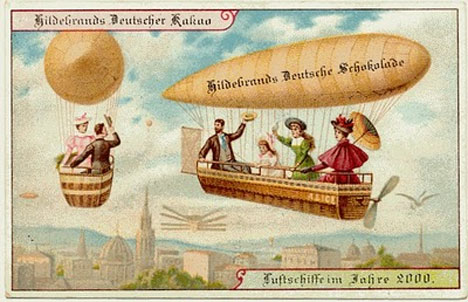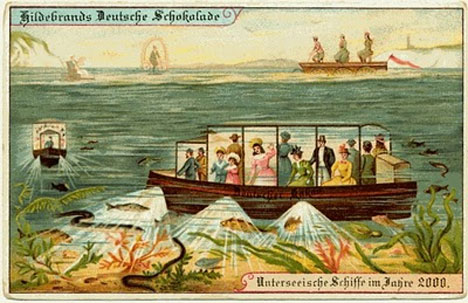 |
Patron saints are important. Ireland has Saint Patrick; England has St. George; Scotland has Saint Andrew. The patron saint can become a unifying national symbol, at least as much as can a large rodent or a fallen leaf.
Unfortunately, there is some dispute over who qualifies as Canada’s patron saint. Some say Jean de Brebeuf; some say St. Anne; some say St. Kateri Tekakwitha.
Not to demean any of them, but historically, St. Joseph has the better claim. In the year 1624, at the very beginnings of New France, Franciscan Father Joseph Le Caron reported to his superiors back in Paris that all the settlers and the local Indians in the new colony together took a vow consecrating their country and their church to St. Joseph. This was apparently repeated for some time each year on St. Joseph’s Day, March 19.
It just fits. It just feels right.
Mary, of course, gets all the press. Joseph remains, in comparison to his theoretical importance, very much in the background. This is like Canada: among nations, tending to be modest, unassuming, and generally out of the news.
Joseph was a working man, a carpenter. He fits well therefore with the beaver, a symbol of industry.
Joseph was Jesus’s foster father. This is appropriate for a nation composed primarily of immigrants. Canada is not the original land of our ancestors, but our adopted home.
Joseph has, through his servant Saint Andre Bessette and the miracles the latter worked in the great saint’s name, in effect chosen us. St. Joseph’s Oratory in Montreal is Canada’s largest church, and the world's largest shrine to St. Joseph.
Joseph was a working man, not someone of high rank; often portrayed as “Saint Joseph the Worker.” This fits with a country with no tradition of class, in which we hold everyone to be equal before the law.
Joseph was, specifically, by tradition, a worker in wood. So has Canada been, for most of its history. The lumbering and pulp and paper business have been our largest industry for most of the last two hundred years.
Joseph was, in his local context, a northerner, as are Canadians in the world context, and as of course was Jesus. He was from Nazareth, in Galilee, in the far north of the Jewish lands of his day.
Galilee, Joseph’s homeland, was a multicultural area, an area of immigrants, like Canada. It was known in ancient times as “Galilee of the Nations.”
By luck or synchronicity, the name “Joseph” is perfectly bilingual, exactly the same in both official languages.
Joseph is a model of tolerance, which is a typical Canadian value. His most significant act in the Gospels is to refuse to divorce Mary when he learns she is pregnant, knowing he cannot be the natural father.
St. Joseph’s feast day, March 19, is at a perfect time for a northern nation with cold winters: like St. Patrick’s Day just before it, it can be a celebration after the long winter of the coming spring. It comes at a time when we all could use a holiday, after a long stretch without one.
It doesn't hurt, to my mind, that our patron saint rather outranks that of England, Ireland, Scotland, or France. It also doesn't hurt, speaking as an Irishman, that St. Joseph's Day comes just two days after Saint Patrick's Day. I like the idea of a three-day celebration, and it rather reflects the significance of the Irish contribution to Canada.
Accordingly, I hereby call upon all fellow Canadians, at home and abroad, to begin this year formally celebrating the Feast of St. Joseph as a national feast day, at least in our own homes. Set it aside as a day to prepare traditional Canadian food, parade down King Street with an icon of St. Joseph, wearing mukluks, ceinture flechee and a touque, and raise a toast with rye and ginger ale.



















